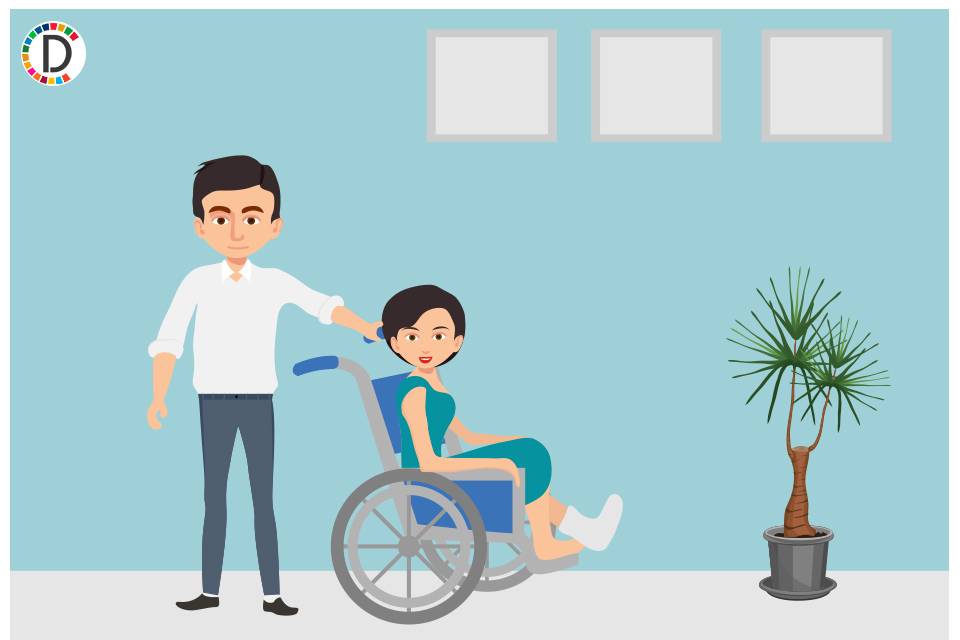Medication errors key challenge to patient safety in hospitals, says study
The NABH is a constituent of the Quality Council of India QCI and the medication errors highlighted by it include improper labelling and dosage miscalculations, faulty medical devices, high rates of healthcare-associated infections and compromising patient safety.

- Country:
- India
A recent study, conducted by the National Accreditation Board for Hospitals (NABH), has highlighted medication errors as the key challenge to patient safety in the Indian hospitals. The NABH is a constituent of the Quality Council of India (QCI) and the medication errors highlighted by it include improper labelling and dosage miscalculations, faulty medical devices, high rates of healthcare-associated infections and compromising patient safety. According to the study findings, around 58 per cent of the nurses reported feeling pressured to compromise patient safety over the efficiency of hospitals while 35 per cent of them complained of inadequate staff, and 32 per cent acknowledged poor patient safety culture for ineffective patient safety. The doctors echoed similar concerns, with 18 per cent of them claiming to be pressured to compromise on patient safety over efficiency while 21 per cent highlighted inadequate staffing as a significant challenge in the health facilities. The study conducted by the NABH in collaboration with NATHEALTH involved surveys and interviews of healthcare professionals from over 1100 NABH-accredited hospitals. The assessment of diagnostics in these hospitals highlighted inadequately trained staff, improper reporting mechanisms, limited patient understanding of safety protocols and inconsistent adherence to the established protocols. ''The assessment also identified unsafe injection practices such as reuse of needles and syringes; medication errors like improper labelling and dosage miscalculations; faulty medical devices which can pose risks of malfunctions, injuries and complications; high rates of healthcare-associated infections and AMR (anti-microbial resistance), inadequate healthcare facilities leading to overcrowding in hospitals, compromising patient safety; and lower number of public institutions following NABH standards as key challenges in patient safety,'' the study stated. QCI chairperson Jaxay Shah shared his vision for quality and patient-centric healthcare. ''Looking ahead to 2047, the Sankalp for a Viksit and prosperous Bharat will be built on the foundation of quality healthcare. For the next ten years, the need is to leverage technology and capacities we have built up in the past to create a system integrated healthcare delivery and move horizontally we must devote ourselves to ensuring comprehensive care for every person, regardless of their geographical location or socioeconomic status,'' Shah said. NABH chairperson Dr Mahesh Verma emphasised that the assessment findings serve as a roadmap to create a patient-centric healthcare ecosystem where safety is paramount. ''This will further help in correcting the course of healthcare, keeping in mind the perspective of the nurses, doctors, medical staffs and the hospital's management team. In addition to this, it will boost patient's trust towards healthcare providers,'' he said. During the launch of the report, NABH CEO Dr Atul Mohan Kochhar said, ''Building on these insights, the assessment recommends a multi-pronged approach to improve patient safety, including strengthening leadership and governance for patient safety, establishing a central data collection platform and a unified reporting system, promoting patient education and awareness, integrating technology to improve patient safety measures, and implementing policy reforms with stronger enforcement mechanisms.''
(This story has not been edited by Devdiscourse staff and is auto-generated from a syndicated feed.)
- READ MORE ON:
- Shah
- Bharat
- Indian
- Sankalp
- NABH
- Jaxay Shah
- Mohan Kochhar
- Dr Mahesh Verma
- NATHEALTH
ALSO READ
ImPaCCT Foundation, Tata Memorial Centre along with Duhita Foundation is organizing Nabhaangan 2024 - a Sports Fest for Children with Cancer
"Necessary to have govt that takes country towards 'Viksit Bharat' swiftly": PM Modi after releasing BJP's 'Sankalp Patra'
Madhya Pradesh CM Mohan Yadav lauds BJP's Sankalp Patra, highlights tourism prospects of state
This is not a manifesto but just a 'jumla patra': Cong on BJP 'sankalp patra'.
In this 'sankalp patra', our focus is on dignity of life, quality of life, jobs and investment: PM Modi.










